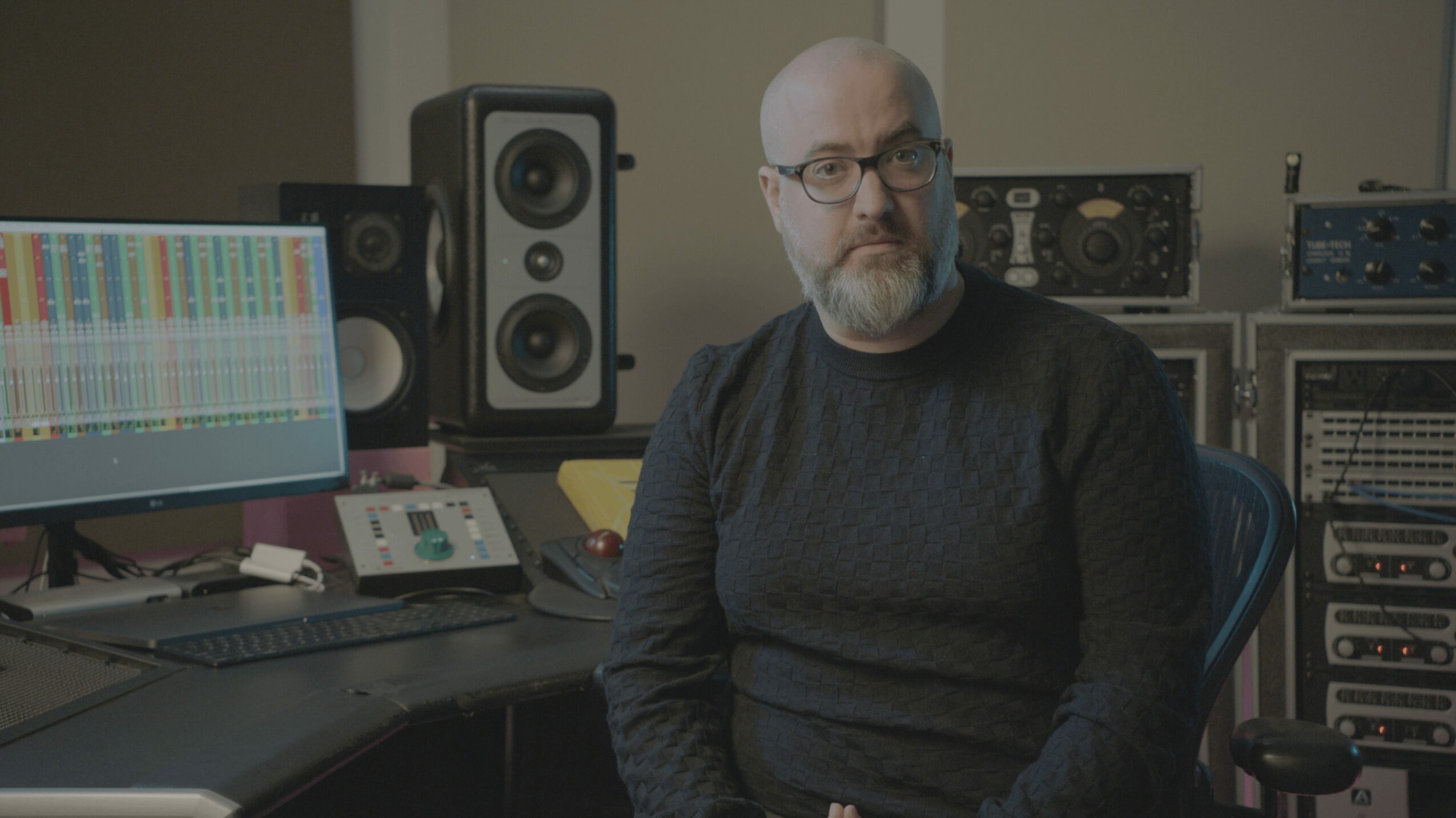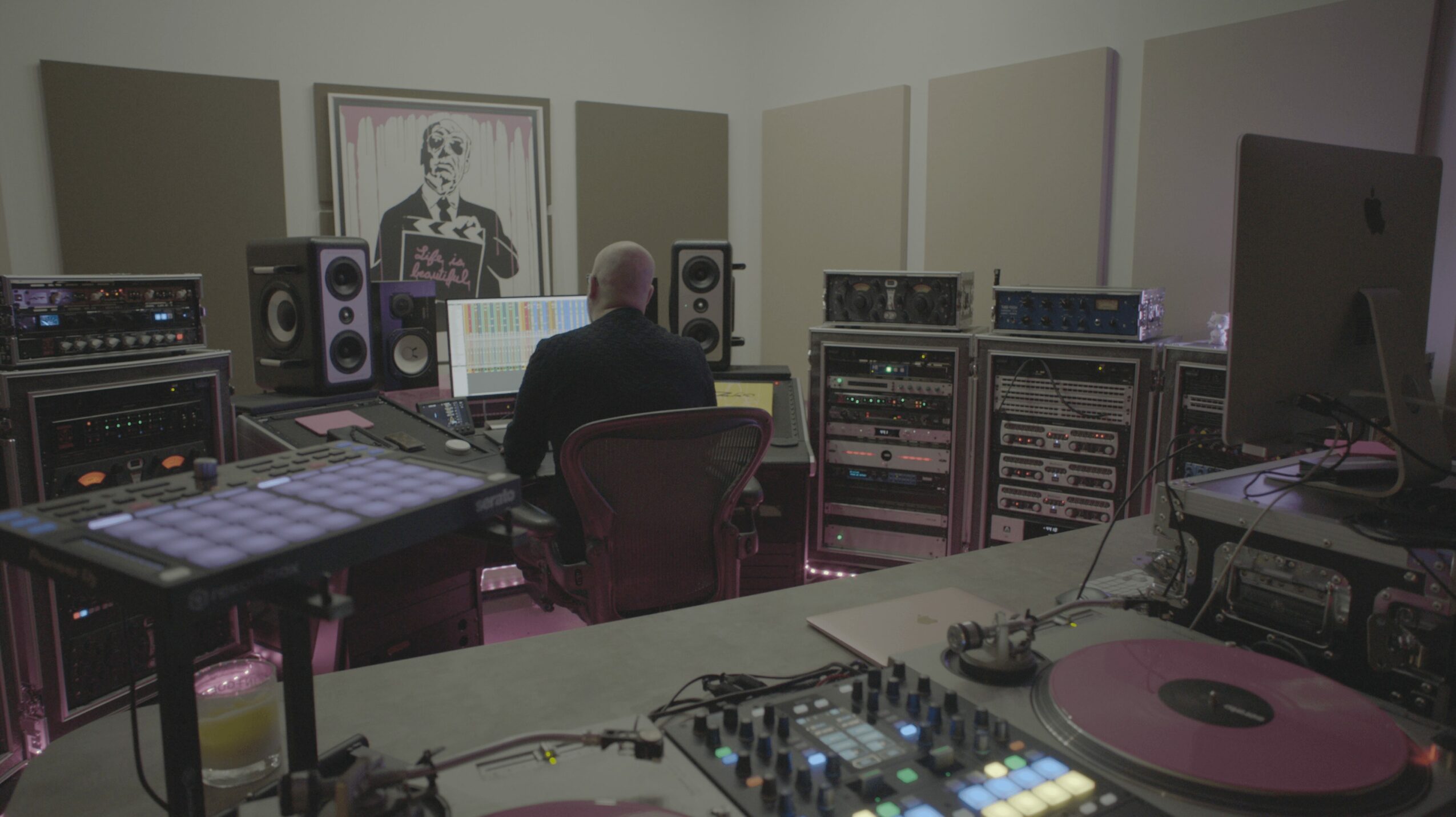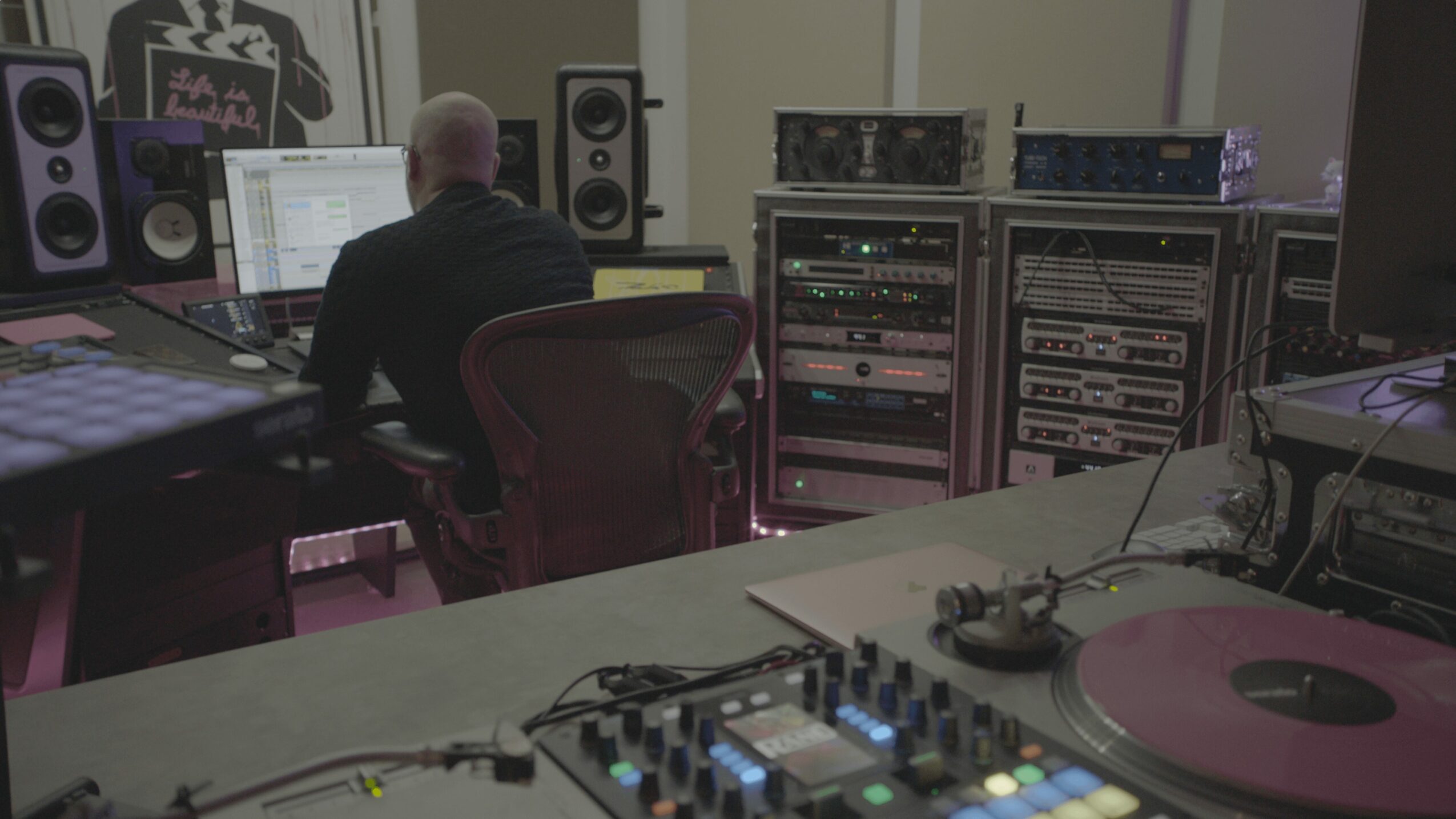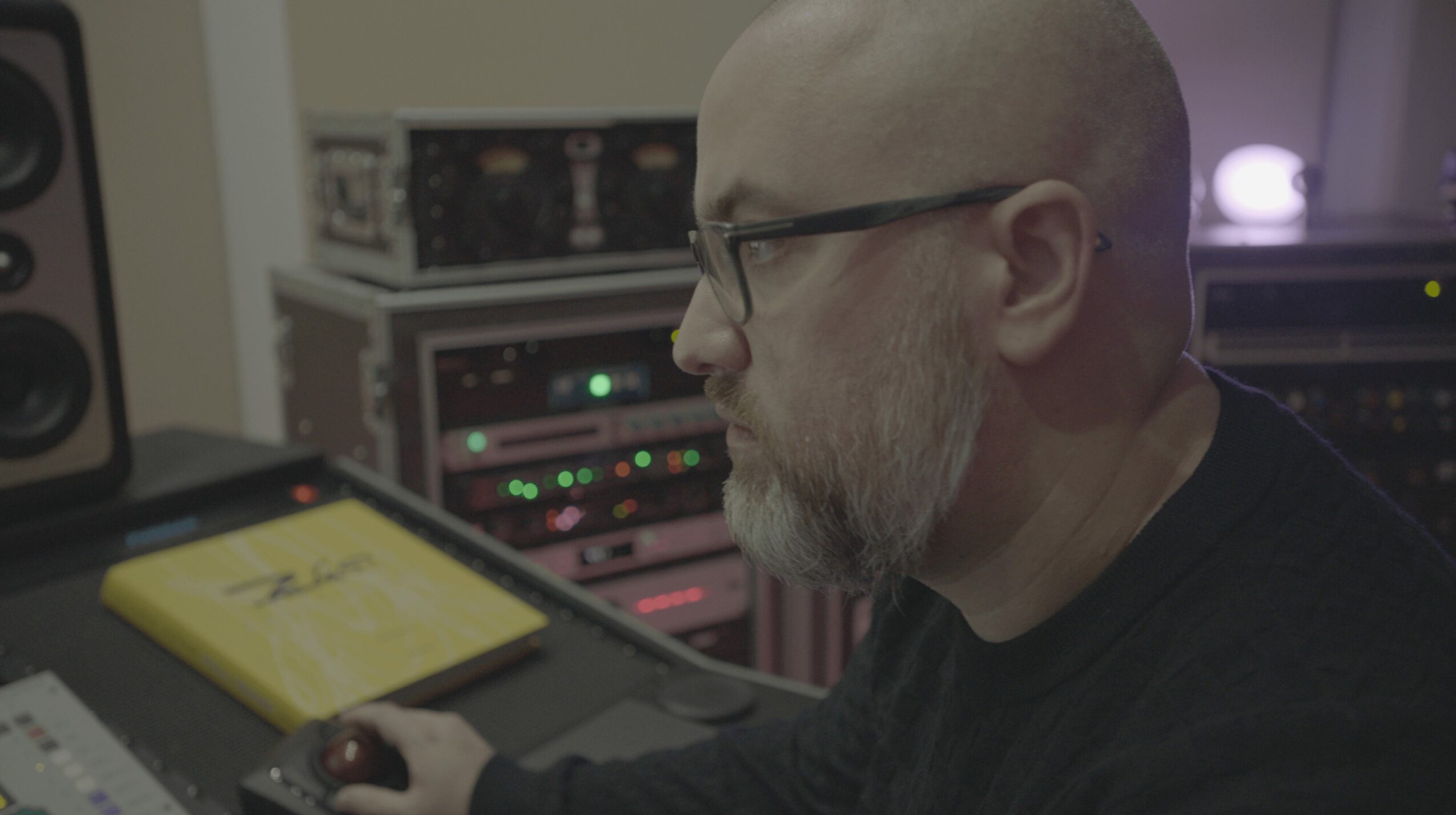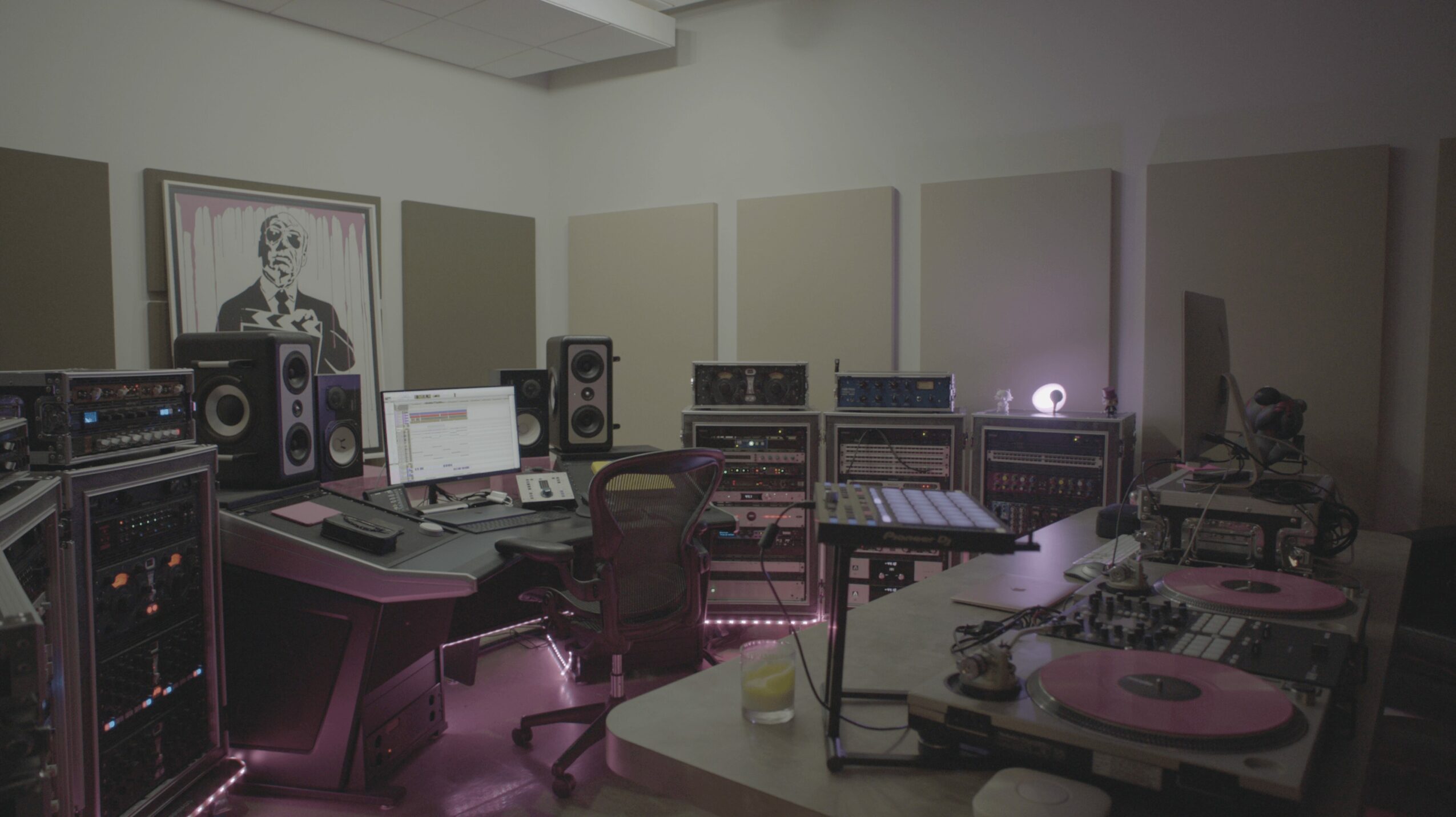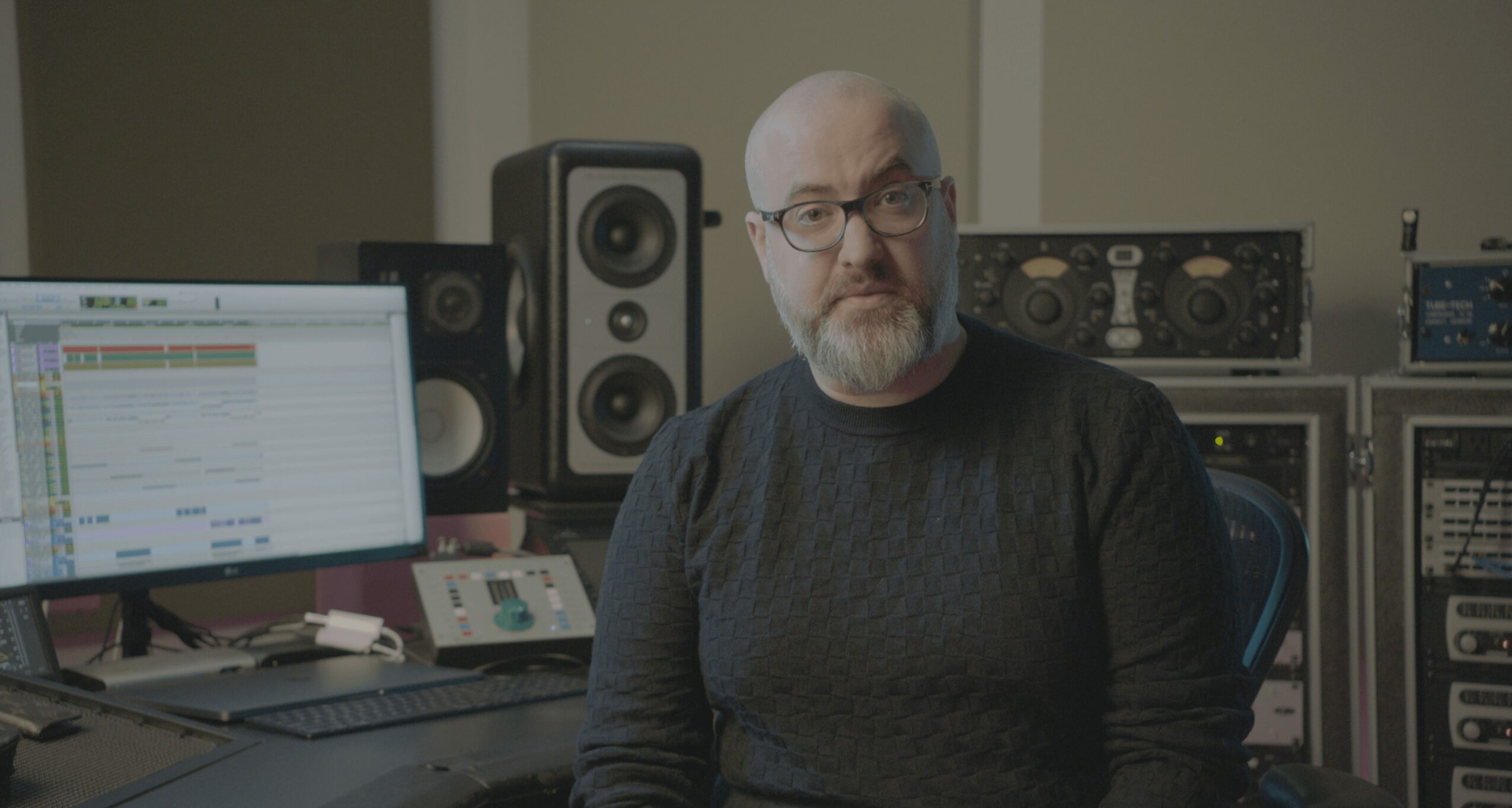

Today we’d like to introduce you to Miles Walker
Alright, so thank you so much for sharing your story and insight with our readers. To kick things off, can you tell us a bit about how you got started?
I moved to Atlanta for the chance to work at Patchwerk Studios – and hopefully assist one of my mixing mentors, Leslie Brathwaite. After working there for about a year as an intern, I got my chance to assist and learn directly from him. I worked with various clients meeting more people in the music industry during that time, and got the chance to become Usher’s engineer. We worked for a while and then met songwriter Sean Garrett – who needed an engineer at the time, right when Usher was preparing for a tour so it was a good transition time. Worked with Sean for several years and met the production duo Stargate – and began working with them full time. After a few more years of working together I began mixing projects at my own studio back here in Atlanta, and have since had the chance to mix for artist all over the world – many who I met years ago, and many who I met along the way. Getting the chance to mix records is a true dream – one I always had aspired to when I moved to Atlanta to learn from Leslie.
Would you say it’s been a smooth road, and if not what are some of the biggest challenges you’ve faced along the way?
There was lots of different challenges that come along during your career path. Some are financial – learning how to collect money from clients and form your own business to be paid/invoice for your services wasn’t something that was really highlighted in my school – but learning that on the job because clearly evident….if you don’t handle your business, nobody will handle it for you. There was the opportunity for personality conflicts – many music professionals have very big personalities and opinions – but thankfully I think having an understanding of people and connecting with them on a personal level first takes a lot of that tension away where there’s a moment of difference in making a record – because everyone understands you are all there to help the best version of a record come to life – and differing opinions is just part of the road you have to work through together to get to the final outcome. There’s also general changes within the industry over time – new technologies, social media prevalence, and general trend shifts that require you to always be aware of the current state of the industry….it’s very easy to get left behind if you don’t’ embrace and make those elements work for you, or if you choose to go against the grain – treat it as a strength not a mistake
As you know, we’re big fans of you and your work. For our readers who might not be as familiar what can you tell them about what you do?
As a mixing engineer – it’s my goal to help bring the final version of a record to life. It’s typically the only version that a fan would hear is the final mix, though it might have gone through many revisions and changes in the production and writing stages. Because of that, my choices have to match up with the vision of the songwriter, producer, artist, record label, radio stations, influencer and general public of “what sounds good” – all while ALSO putting in my own creative elements. Its really an opportunity to tap into the history of all records I’ve been a part of (many Grammy winning and chart topping #1s) and think about the special elements and moments in those – and highlight what is special about each records creation – and put it all front and center for the new fans to hear and create a new hit. It’s really an honor to get the chance to help somebody’s vision come out of their own head and share what it they always “wanted it to sound like”, when they play it for somebody else. I would like to think I”m good at helping people share their story through their music.
What were you like growing up?
I always liked music – played it as a bass player and a DJ in college. I think especially my time as a DJ helped me see what records meant to people – both fans and songwriters. When you play a record and watch people react to it – either dancing or celebrating or cheering – you know when there’s magic in a song. You do that enough overtime and you can see patterns and magic in each song – or part of it – and how special music can be to tap into the mood, or change it completely, of somebody that affected by it.
I also could see how music could be used to achieve feelings that you wanted – if it was music to hype you up for an upcoming game or moment – or clam you down after a stressful time or day. The power of music’s control of your mood always fascinated me, and is like a powerful potion I always wanted to respect when making it.
Contact Info:
- Website: https://www.mixedbymiles.com
- Instagram: https://www.instagram.com/mixedbymiles/
